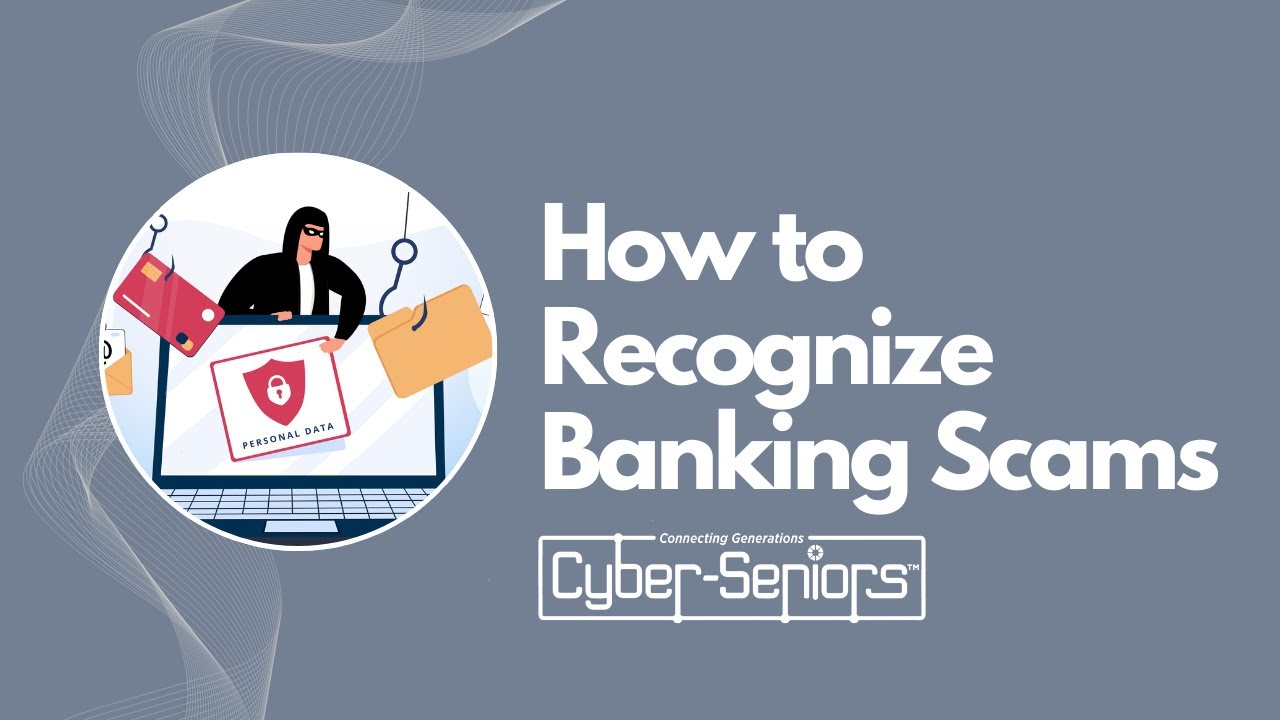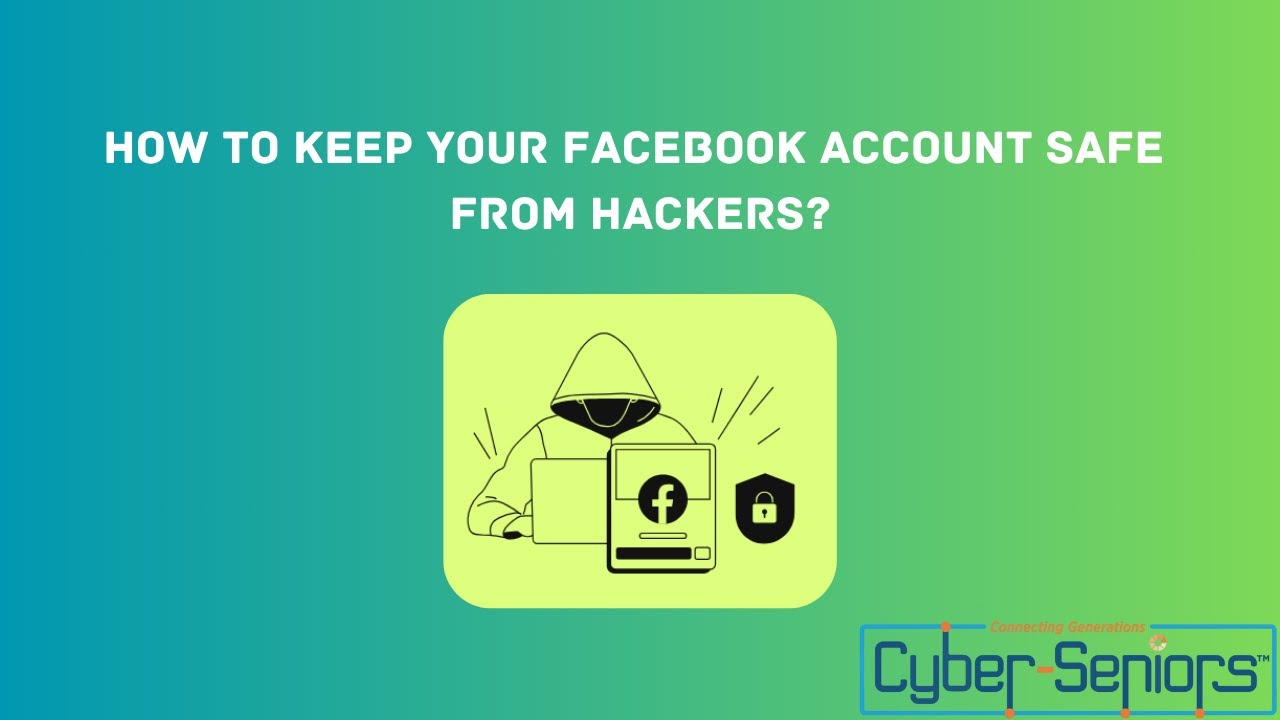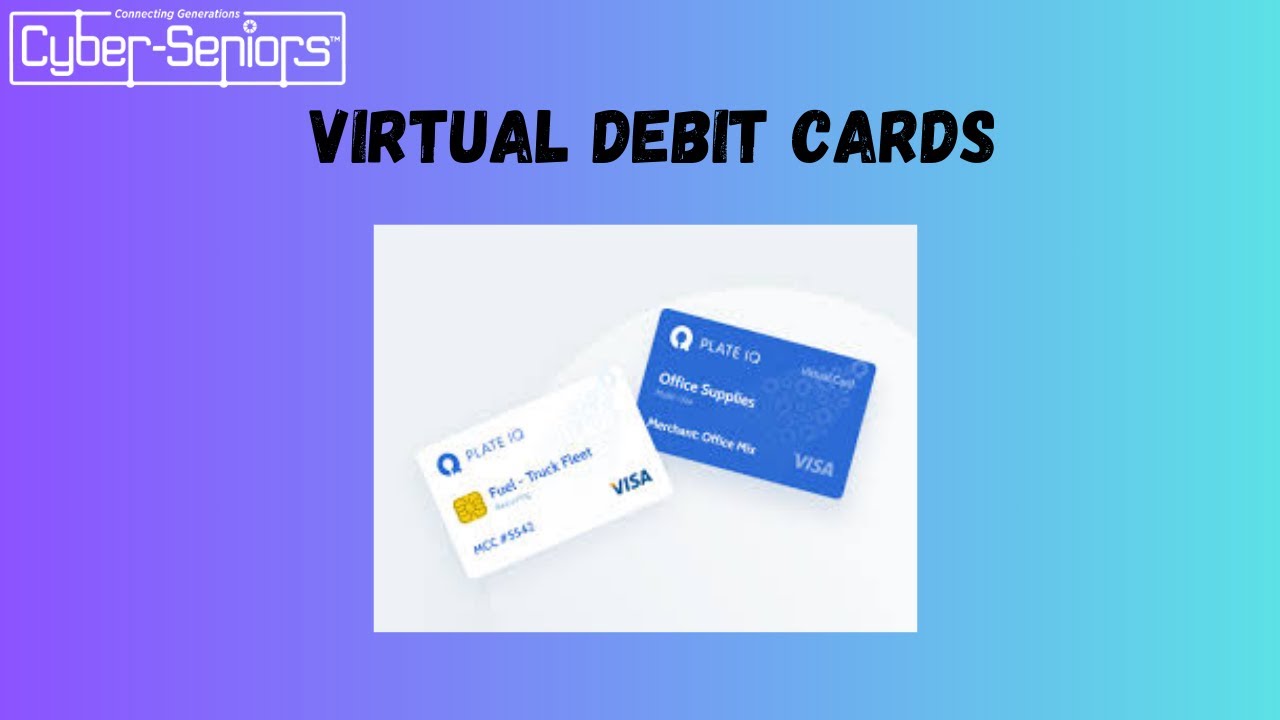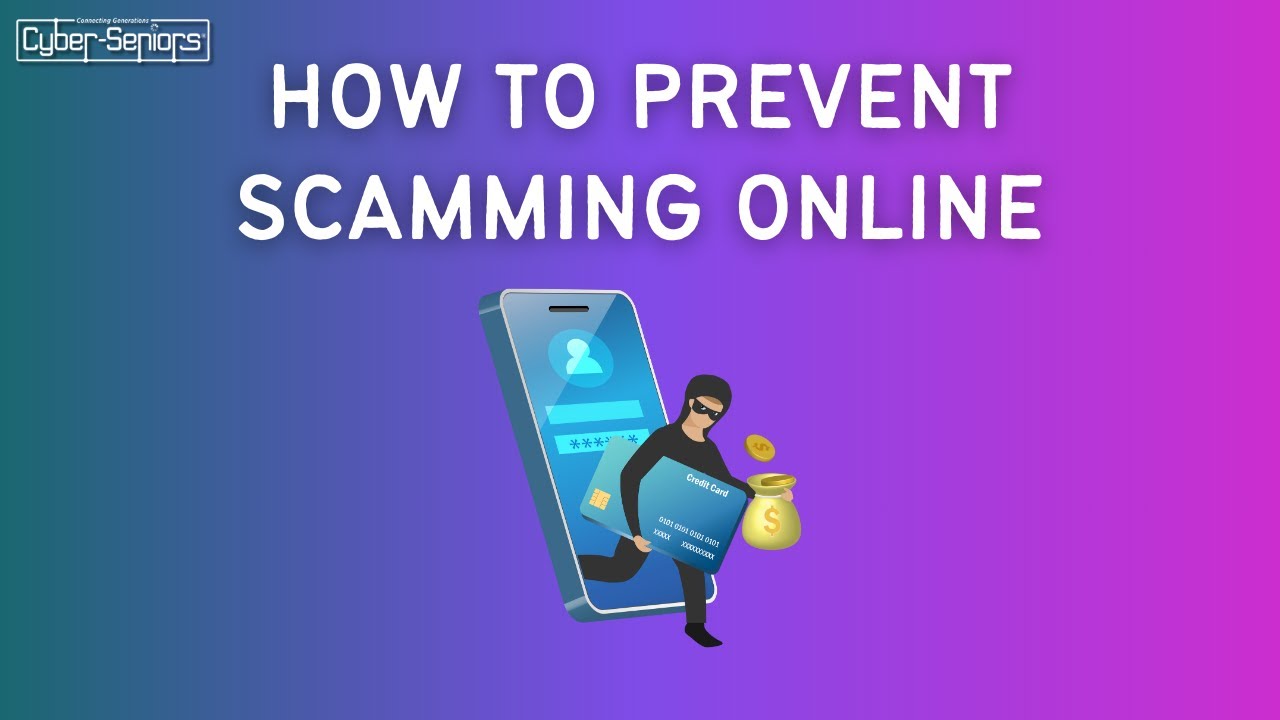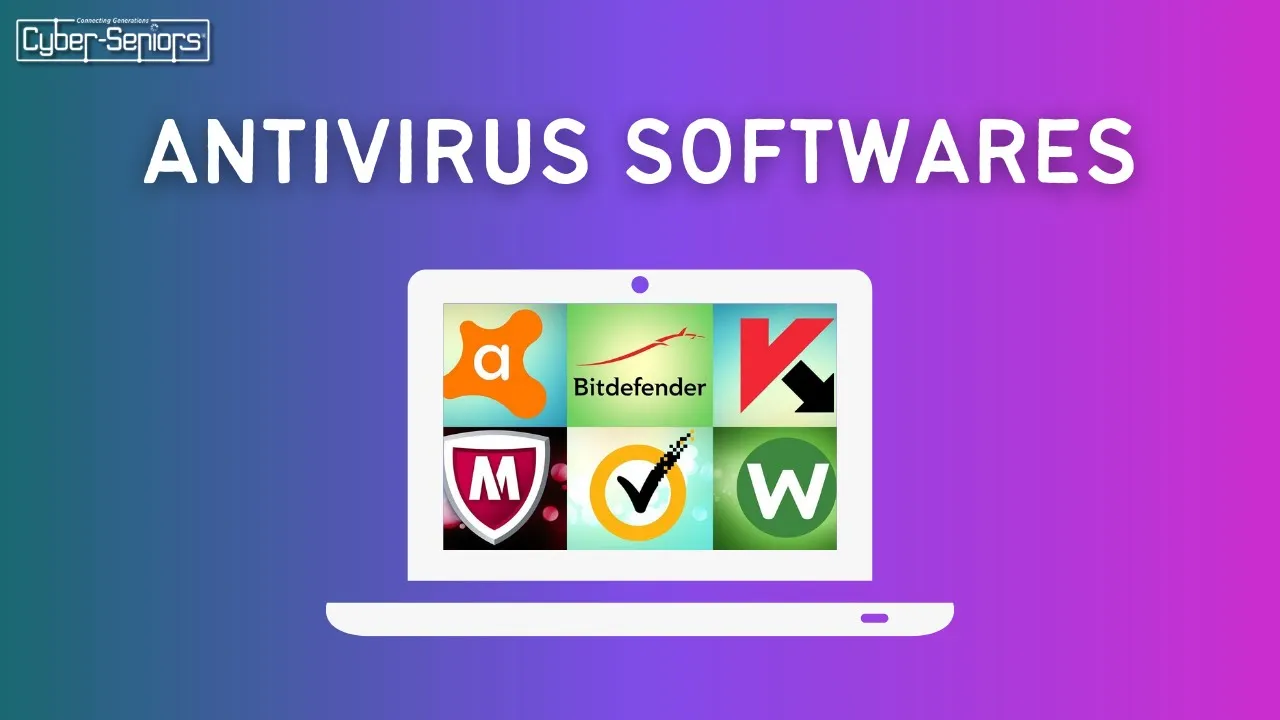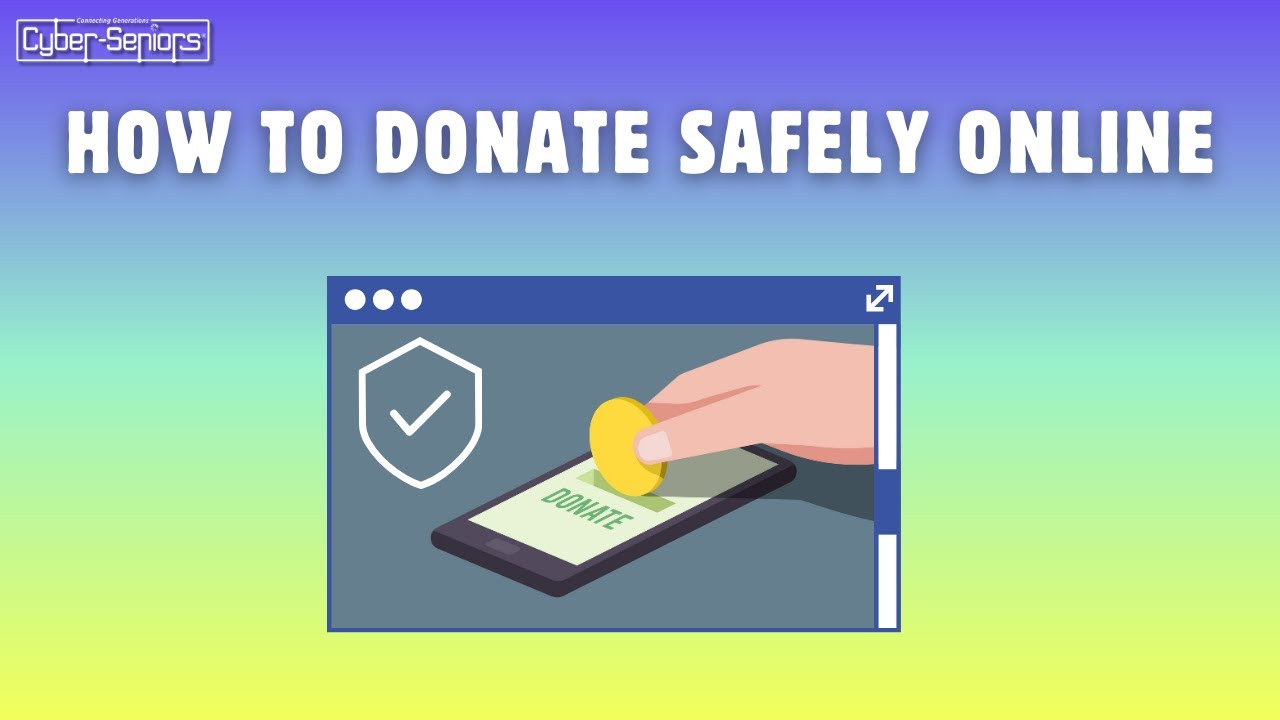How to Recognize Banking Scams
In this live demo session, our teen tech mentors will help you understand common bank scams and how to protect yourself. You’ll learn how to spot red flags, avoid phishing attempts, and keep your personal and financial information safe. By the end of the session, you’ll be better equipped to recognize scams and take steps to prevent fraud.

